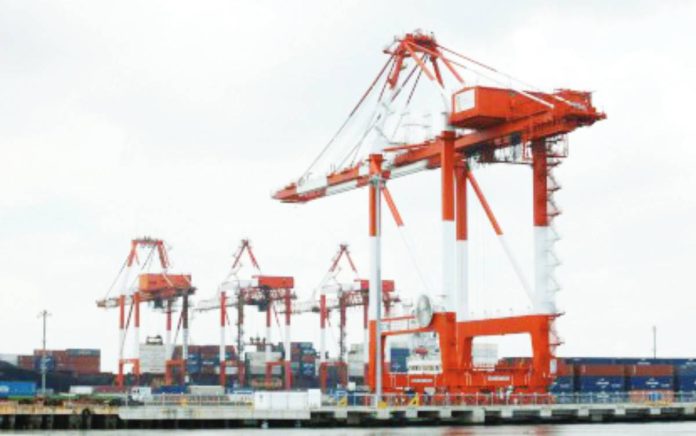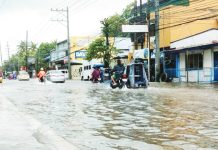
INFLOWS of foreign direct investments (FDIs) to the Philippines are expected to remain robust vis-à-vis the supportive government measures, an official of a business group said Monday, July 28.
“We maintain strong optimism regarding foreign direct investments and are keenly anticipating their successful materialization,” Federation of Philippine Industries (FPI) chair Elizabeth Lee said.
She dubbed President Ferdinand R. Marcos Jr.’s fourth State of the Nation Address (SONA) as “well delivered” since “while the President may have wished to address a broader range of pressing concerns, the decision to spotlight core issues — such as food security, flooding, electricity supply, public health, and education — was both strategic and reassuring.”
“These fundamental areas speak directly to the everyday fears and hopes of the Filipino people, and addressing them strengthens his goal for a more resilient citizenry and workforce that is key to businesses,” she said.
The FPI lauded “the government’s strong commitment to inclusive growth, rural development, and industrial revitalization.”
Among others, the group applauded the support extended to 2.5 million families in starting micro-businesses, and urged deeper integration of these small enterprises into the country’s manufacturing and supply chains.
“The expansion of Kadiwa markets and the firm stance against ‘economic sabotage’ by profiteers and smugglers are vital to ensuring stable prices and protecting producers and consumers alike,” it said.
The group also supports the planting of 15 million coconut trees and the implementation of the Coconut Farmers and Industry Trust Fund Act as a “foundation for rural agro-industrial growth.”
It said the government’s plan to construct 200 power plants to serve 2,000 factories is a strategic investment that will address longstanding energy bottlenecks.
“We also welcome the scaling of the Net Metering Program as a step toward more affordable and sustainable energy access,” it added.
The group also backed measures to ensure transparency in the infrastructure program, noting that “transparency and accountability are key — especially in light of the directive to ‘audit and publish all flood control projects’ and ‘expose erring contractors’.” (PNA)







